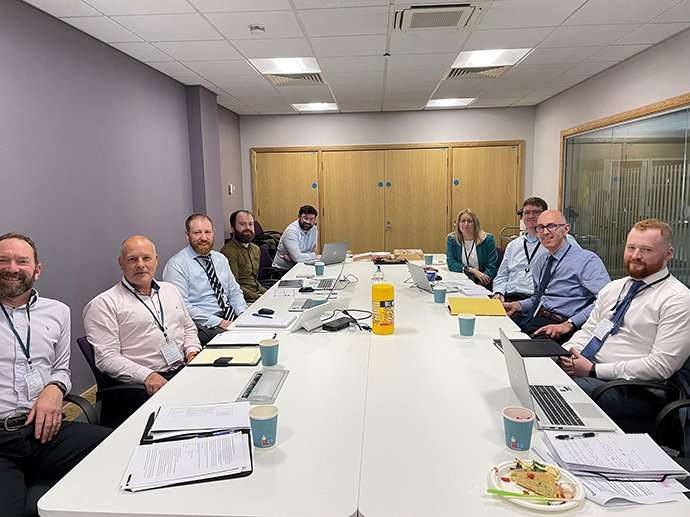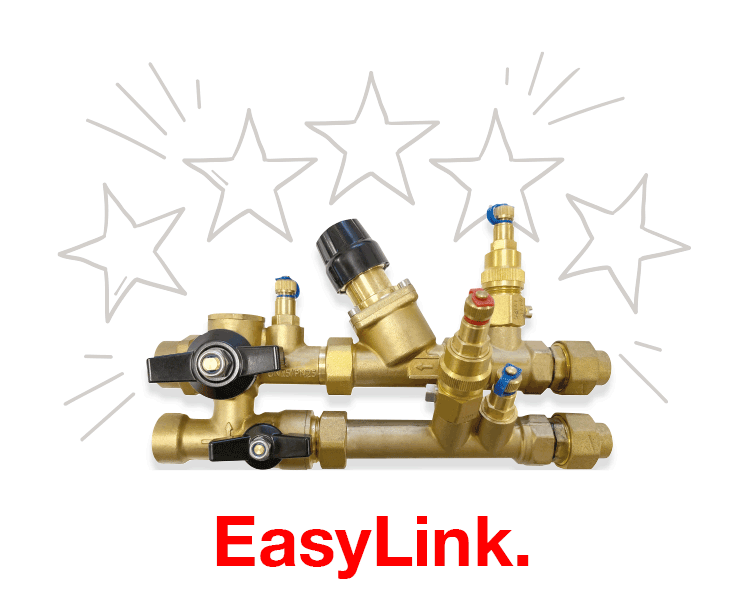
As governments on both sides of the border wrestle with the best way forward for each jurisdiction’s future energy strategy, the size of the liquid fuel sector in Ireland makes it almost impossible to find a one-size-fits-all solution.
In Northern Ireland, liquid fuel is used by around 60% of consumers, while in the Republic the figure is approximately 40%. That is around 1.2 million homes relying on liquid fuel to heat their properties.
Add to that the low levels of energy efficiency in many households, lower levels of income (NI) and the high cost of retrofits and you can see the dilemma governments face in both jurisdictions.
The liquid fuel sector is lobbying hard, and recent developments are encouraging. There is also a groundswell of support from politicians and consumers for biofuels to be included in future strategies.
In NI, due to no Stormont Executive, the Department for Economy (DfE) advises that the heat consultation that was scheduled for summer 2023 is likely to slip back to the autumn, if not early 2024.
However, work continues and the DfE has established a biofuels stakeholder group; the inaugural meeting took place during August. Both OFTEC and NIOF have taken up positions in this group and it is encouraging to see the department taking biofuels so seriously. Biofuels are considered to be low-carbon alternatives to fossil fuels with DfE developing a call for evidence on the roles that HVO and renewable biofuels can play as work continues towards developing NI’s approach to decarbonising heating under the Energy Strategy – The Path to Net Zero Energy.
In the Republic, we have met with representatives from the Sustainable Energy Authority of Ireland (SEAI) to discuss incorporating HVO and biofuels into the Dwelling Energy Assessment Procedure (DEAP software – similar to SAP in GB). This would allow energy assessors to choose HVO in a biofuel-heated home, as currently, that option does not exist.
The meeting was constructive and SEAI is willing to look at incorporating HVO into the software for a 100% fuelled HVO boiler, if we can demonstrate compliance with RED II sustainability criteria for HVO used for heating.
There are several homes and commercial properties locally running on HVO and the demand is for more to be converted as a ‘practical and straightforward’ route to decarbonisation without huge capital spend on retrofit works.
Let’s hope the government on both sides of the border listens to the increasing volume of politicians, consumers and businesses asking for inclusion of HVO in energy policies as an option for decarbonisation.
David Blevings, OFTEC Ireland Manager on T: +44 (0)28 9186 2916 Sean McBride, Ireland Representative on T: +44 (0)7540 502 304 (NI) or +353 (0)87 241 7041 (RoI)
www.oftec.org










